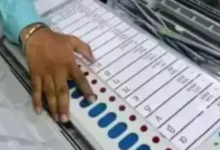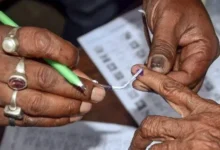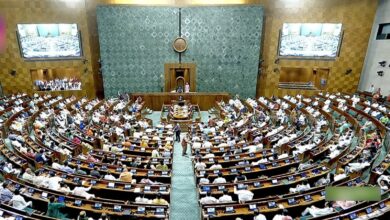Why is Elon Musk interested in the Indian market? Reasons The Tech Sector May Boom Aside From The EV Segment
Elon Musk, the CEO of Tesla, will make his maiden trip to India next week to make announcements about his ambitions to invest in the electric vehicle (EV) market. According to reports, Musk intends to begin selling in India this year and is reportedly actively searching for stores in Delhi and Mumbai.

For a while now, Tesla has been attempting to get into the Indian market. Tesla is trying to take advantage of the advantages available to international players with the government’s new EV policy.
WHAT EV POLICY IS NEW?
The newly announced EV policy, which went into effect on March 15, allows enterprises that spend $500 million or more in manufacturing facilities to import up to 8,000 cars annually at a tax rate of 15% instead of the 70–100% that is now applied to imported EVs. These vehicles cost $35,000 or more apiece.
As to a MoneyControl study, the percentage of cars sold that were electric vehicles was around 2% in 2023; however, the government aims to raise this percentage to 30% by 2030.
In accordance with the policy, a company’s pledge to invest must be supported by a bank guarantee in place of the customs duty waived. In the event that the scheme’s minimum investment requirements and domestic value addition (DVA) are not met, the bank guarantee will be used.
The legislation offers international investors a three-year window of opportunity to establish a manufacturing plant and begin producing e-vehicles for sale in India. The policy states that the corporation must achieve 50% DVA in five years or less, with 25% localization anticipated in the third year.
According to reports, the Center is said to have rejected BYD’s bid, located in China, to collaborate with Megha Engineering and Infrastructures Ltd., based in Hyderabad, to construct a $1 billion electric vehicle facility in July 2023. It is possible that BYD rejected the plan for “security” reasons, even though the firms remained silent and there was no formal confirmation.
Why does India matter?
The Ministry of Commerce states that the new policy aims to “provide Indian consumers with access to the latest technology, boost the Made in India initiative, strengthen the EV ecosystem by promoting healthy competition among EV players, reduce imports of crude oil and reduce air pollution.” It is also “designed to attract investments in the e-vehicle space by reputed global EV manufacturers.”
In addition to the EV market, Tesla has also entered into a strategic agreement with Tata Electronics to purchase semiconductor chips for its global operations. This agreement suggests that Tesla intends to purchase an Indian supply chain that generates money beyond the local level.
Since Starlink intended to launch service trials in 2022, it has been vying for a share of the Indian Satcom market. However, due to regulatory obstacles, including a lack of approval, Starlink has had to overcome. In order to provide its services, Starlink started the process of obtaining a global mobile personal communication via satellite services (GMPCS) license in 2022. India successfully overcame a significant regulatory obstacle in 2023 pertaining to the satellite spectrum, which is the radio frequency used to transmit satcom transmissions.
As reported by Moneycontrol, SpaceX and Jeff Bezos’ rocket services provider, Blue Origin, have spoken with Indian authorities. SpaceX’s potential entrance into the Indian market may not be too far-fetched given the Indian Space Policy in 2023 and the government’s loosening of the rules governing foreign direct investment (FDI) in the industry.
AHEAD OF HER IN CHINA?
In China, Musk is dealing with several technological challenges, and demand for his electric vehicles has generally decreased.
Tesla has reportedly canceled the low-cost vehicle that investors had been hoping would propel the company’s ascent to become a mass-market manufacturer, according to Reuters. According to the sources, it will keep working on a self-driving robotaxis using the same small-vehicle platform.
The Model 3 sedan, which is currently Tesla’s least expensive model, costs around $39,000 at retail in the US. The now-defunct entry-level car, commonly referred to as the Model 2, was anticipated to have a starting price of around $25,000.
Chinese electric car manufacturers, who are flooding the market with vehicles starting at $10,000, are a serious threat to Tesla on a worldwide scale.
The last three months of 2023 saw Shenzhen-based BYD overtake Tesla as the best-selling electric vehicle manufacturer, helped by a sharp increase in sales of the Chinese automaker’s more affordable, smaller EVs, such as the Seagull and Dolphin models.
BYD, XPENG, Nio, and Li Motors are the four most aggressive electric vehicle manufacturers in China, offering top-notch goods. It has the top two battery manufacturers in the world, CATL and BYD, and is well-represented in the Li-ion battery supply chain. It also owns whole shipping fleets for the return of the materials, as well as mines for nickel, cobalt, and lithium located abroad.
Tesla purchases its EV batteries from Panasonic and CATL, but BYD produces batteries for its own electric vehicles and is a significant worldwide supplier of batteries to EV manufacturers.






